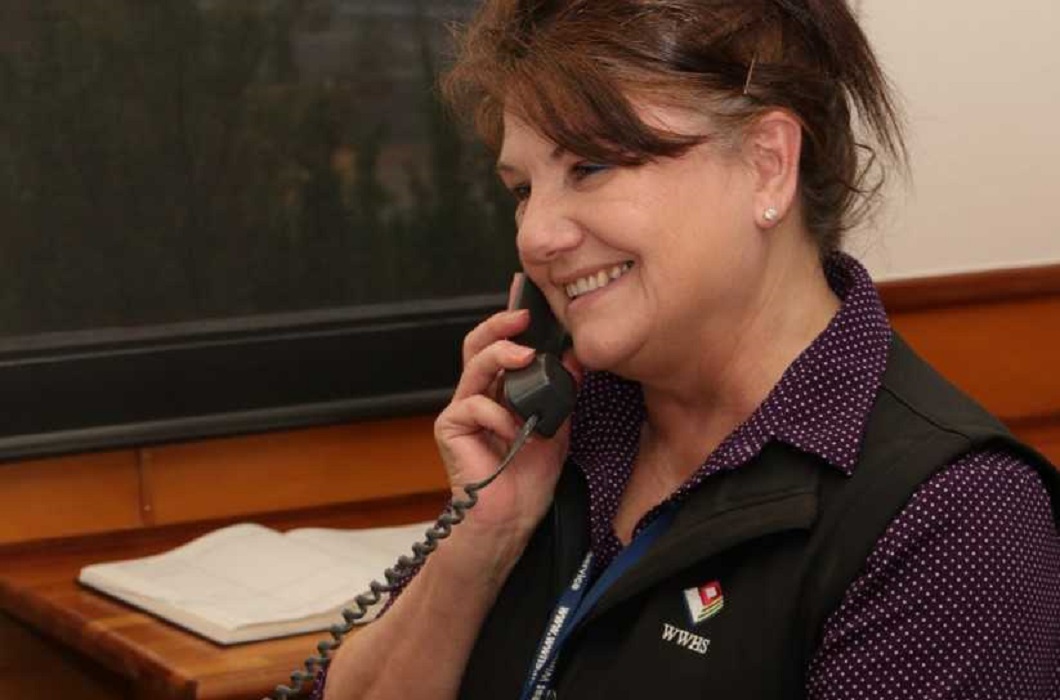During 2020 the need for collaborative partnerships to extend thin resources and take on extra-curricular activities in response to COVID became evident across a range of agencies in the Wimmera and Southern Mallee areas of Victoria. In response, the COVID Connections and Enduring Engagement (CCEE) project was initiated by West Wimmera Health Service’s (WWHS) Health Promotion Team with support from La Trobe University.
CCEE brought together a range of representatives from council, health services, Neighbourhood Houses, as well as representatives from the Department of Health and Human Services, Wimmera PCP, Wimmera Development Association, Grampians disAbility Advocacy Association, Centre for Participation, Children and Family Services and community members.
A survey was used to better understand the impacts of COVID on the community, as well as how people were getting information, how they were communicating, and how this varied within the population.
Survey distribution and completion primarily occurred online, using social media, community newsletters, websites and email to distribute and advertise broadly to the community and appropriate agencies. Neighbourhood Houses facilitated access to the survey for those with low literacy and/or digital isolation. Paper based versions of the survey were also distributed directly to Meals on Wheels clients in local government areas, and exercise and social support program members from partner health agencies. Members of the WWHS staff that had work reductions due to COVID restrictions assisted data collection efforts by calling vulnerable groups in the population and doing phone surveys. The survey was open to the public for 6 weeks from June 2020.
As early results from the survey were reported back to the CCEE group, implications for practice and appropriate responses were discussed:
- In order to improve communication, a large number of people reported needing new technology, whether this was a new device or a new application. Receiving assistance to learn new devices or apps was identified as a key enabler of communication during COVID isolation. Receiving information over the phone was a key source of information for 50% of respondents, which may coincide with 43% of people reporting friends or family members as sources of information.
- A coping score was also derived from the survey results. Overall, the average score for coping indicated moderate to high levels of coping during the lockdown period, however scores declined with decreasing age, with the youngest age groups exhibiting the lowest average scores for coping.
- The Coping During COVID report has become a resource for the region and beyond.
The CCEE group has now evolved into a community of practice designed to: share ideas and resources, build cross-disciplinary and inter-organisational relationships, and act as a professional support network. WWHS’ HP team facilitates the on-going Wimmera Health and Wellbeing Community of Practice.
Keeping people healthy and well during COVID is improved by addressing the barriers and enablers to communication and information seeking. Knowing what that looks like locally assists with many health promotion activities.
Download your copy of the Coping During COVID: Rural perspectives from the Wimmera and Southern Mallee.

